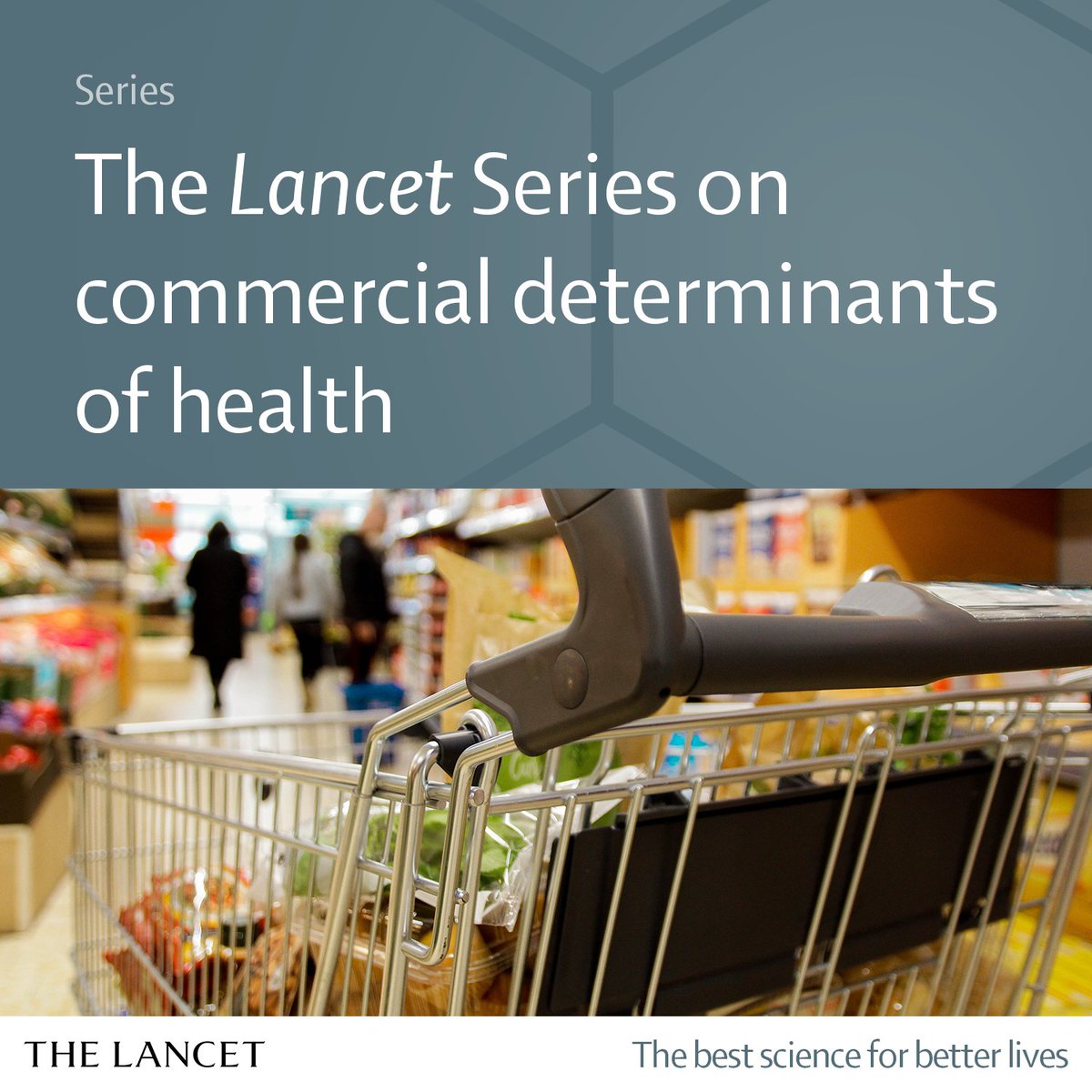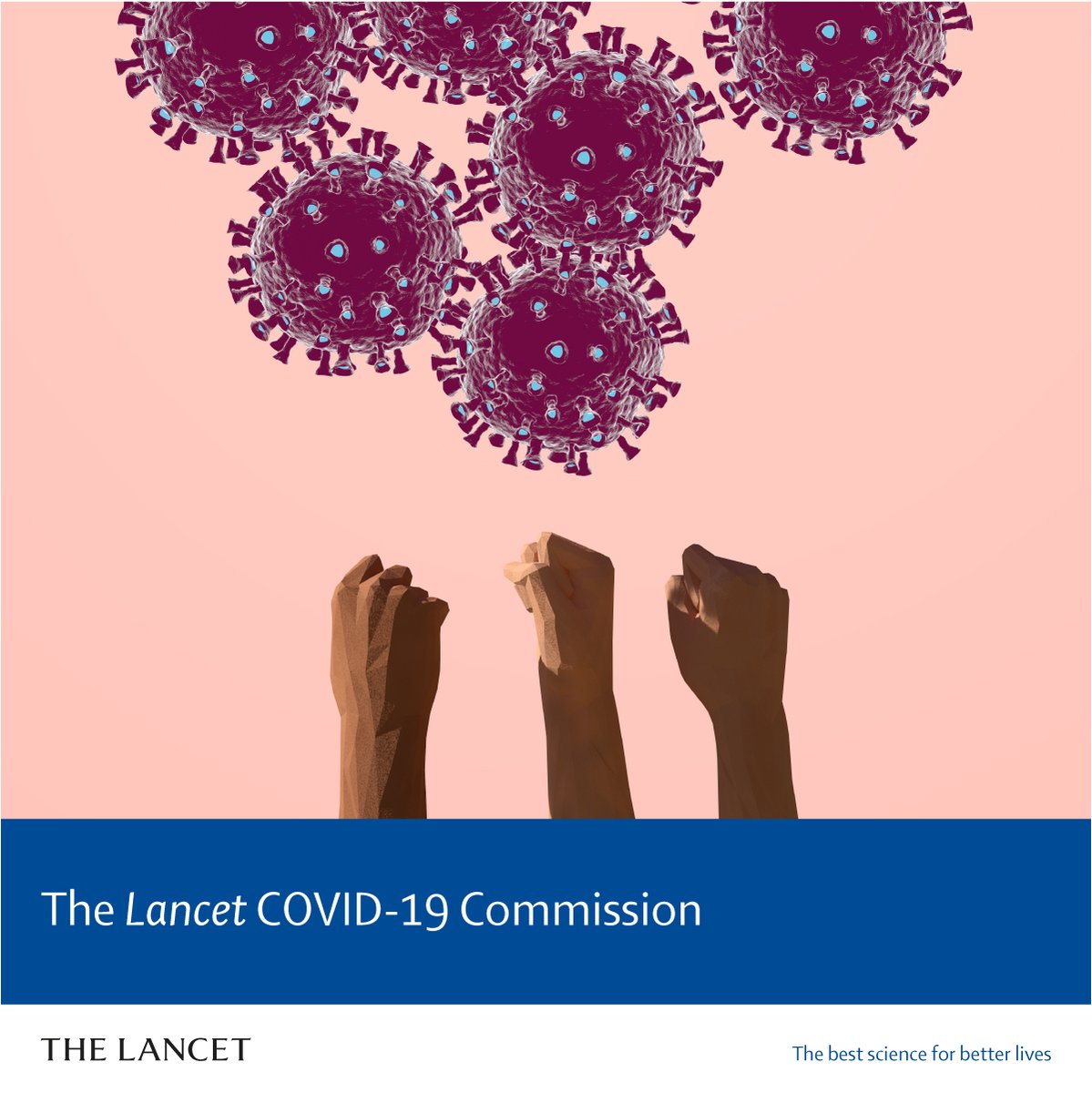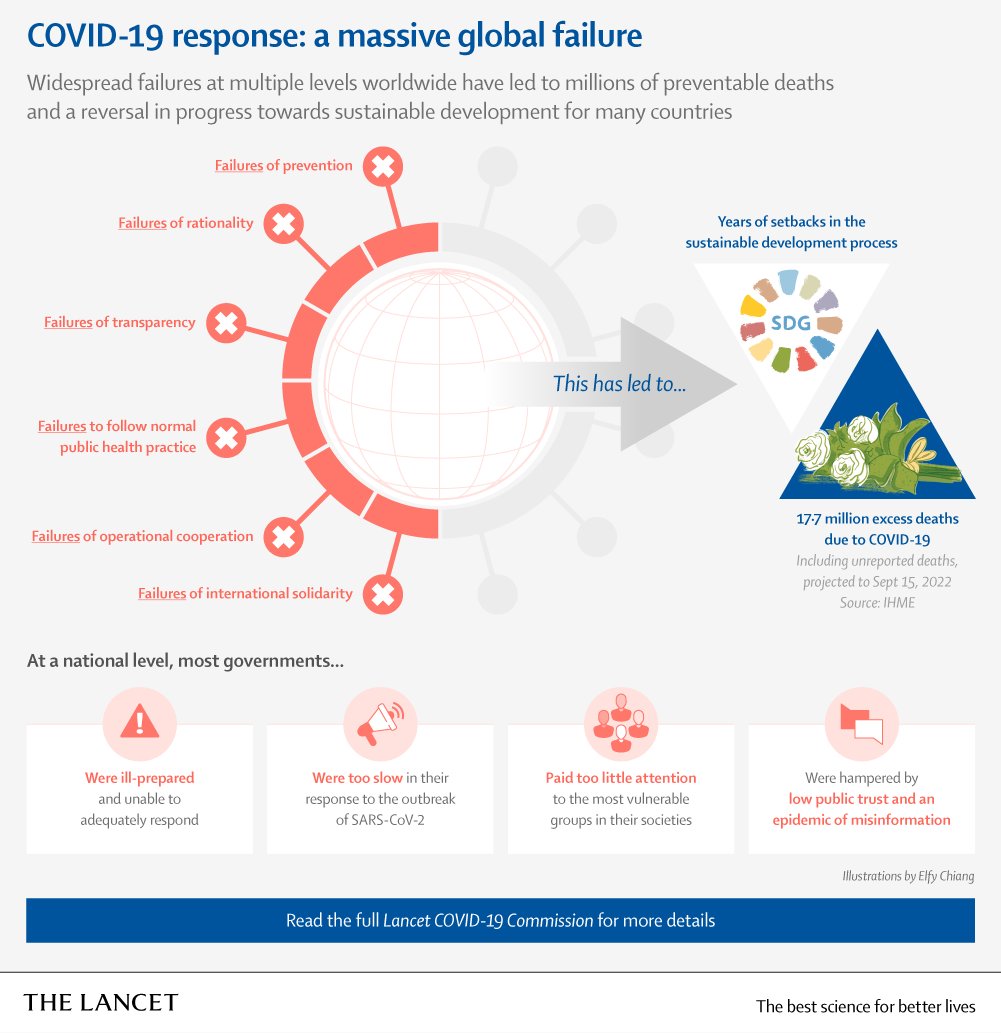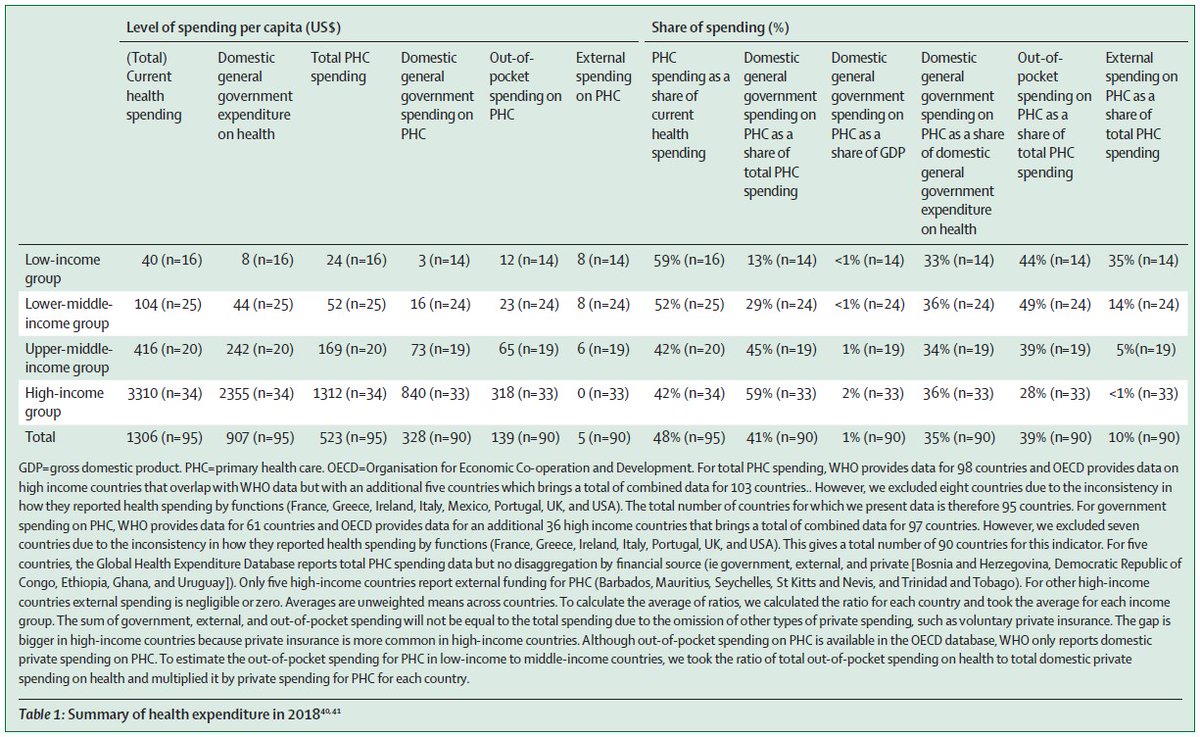This week we're celebrating #PeerRevWeek20 with the theme #TrustInPeerReview
NEW Editorial discusses the enormous effect that #COVID19 has had on scientific publishing as well as the increased public interest in & scrutiny of research & science hubs.li/H0wwv5L0
NEW Editorial discusses the enormous effect that #COVID19 has had on scientific publishing as well as the increased public interest in & scrutiny of research & science hubs.li/H0wwv5L0
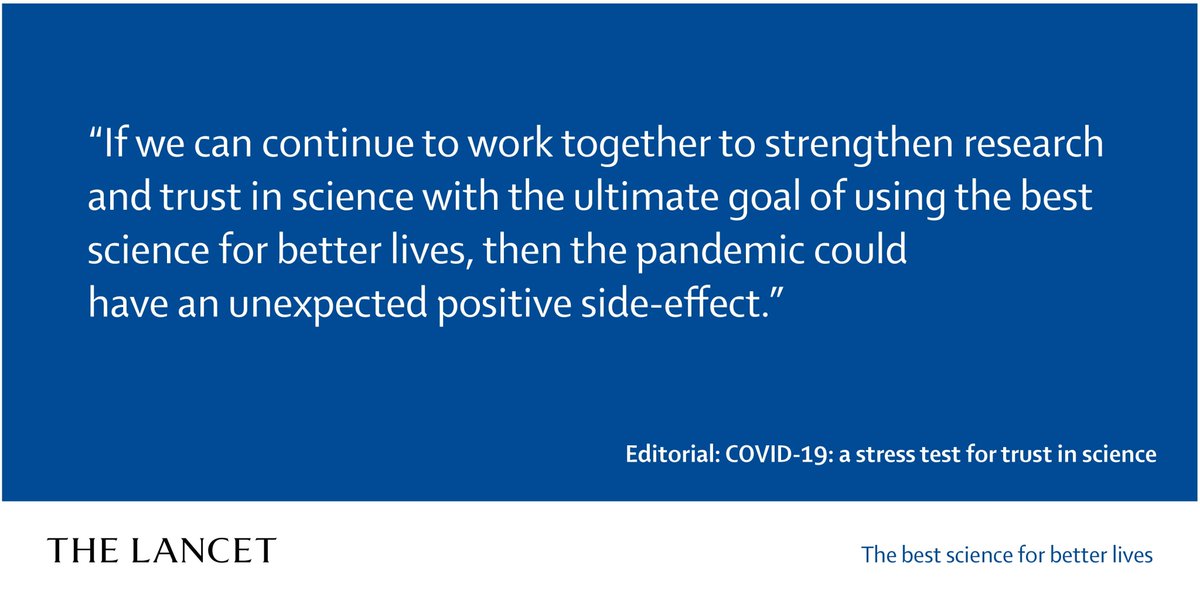
In recognition of #PeerRevWeek20 we would like to say thank you to our reviewers for their essential role in maintaining the advancement of science and medicine through helping us to identify the most robust and impactful work #TrustInPeerReview hubs.li/H0wB2cg0
From peer review, through our in-house editing process, production, to publication and beyond, the entire Lancet team brings a wealth of expertise in scholarly publishing
On #PeerRevWeek20, follow the journey of a paper at @TheLancet journals hubs.li/H0wB2nM0
On #PeerRevWeek20, follow the journey of a paper at @TheLancet journals hubs.li/H0wB2nM0
The Lancet family of journals publish various content types. On #PeerRevWeek20, visit our author resources page outlining our different types of papers, such as Comments, Editorials, news items, and letters, and what can be concluded from them hubs.li/H0wB2dF0
Preprints have been subject to polarised discussion during #COVID19. Preprints are an important part of the move to open science & we will continue offering Preprints with The Lancet, stressing the importance of their preliminary nature hubs.li/H0wB2rm0 #PeerRevWeek20 

🎧In a special episode of #LancetVoice for #PeerRevWeek20, Editor-in-Chief of @TheLancet @richardhorton1 discusses the past, present, and future of scientific publishing in light of #COVID19 hubs.li/H0wB2F70 

• • •
Missing some Tweet in this thread? You can try to
force a refresh



